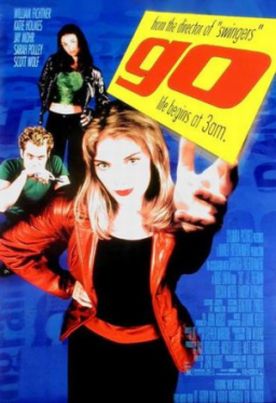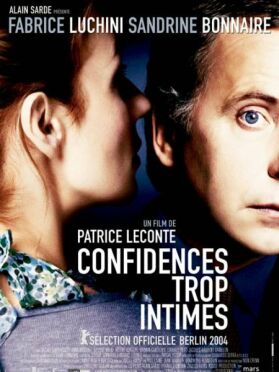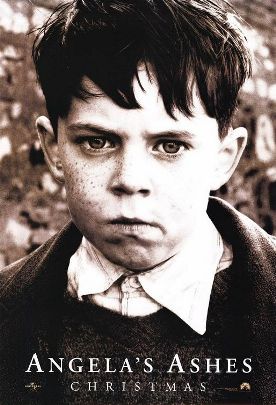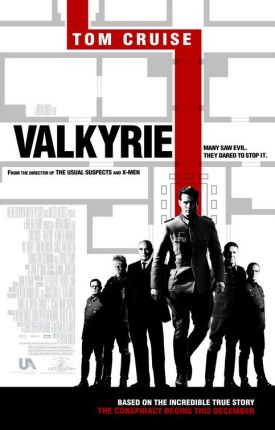Go
The good news about Go, written by John August and directed by Douglas Liman (Swingers) is that it is the best of the scores of imitations of Quentin Tarantino that have appeared since Pulp Fiction set the standard for hip postmodernism at the movies in 1994. It is therefore the hippest movie you can see this year—even hipper than Lock, Stock and Two Smoking Barrels, its nearest competitor for top Tarantino lookalike. Its dialogue is not quite as witty as Tarantino’s; but its characters are more believable and it makes use of the same kind of multiple overlapping narratives that were used in Pulp Fiction. Indeed, its cleverness in building a single, well-designed story out of these three strands, representing three different points of view is truly admirable—maybe even more so than that of its admirable original.
The bad news is of course that it is an imitation of Tarantino in the first place. Once again we find ourselves in a world of thugs and drug-dealers and amoral youths who live out their extended adolescence at the margins of society yet who are improbably bright and skilled at witty repartee. True, the body-count is very much lower than that of a Tarantino movie, but the absence of life-and-death matters in the end only serves to reinforce our sense of the film’s essential moral frivolity. Some of the characters are placed in apparent mortal peril, but it would be hard to care very much about what happens to them even if the danger were greater than in the end it proves to be. The worst of Tarantinism is its failure to make us believe that its characters are real people that we can care about, faced with real problems like our own—and Liman is little better than his master in this respect.
His most sympathetic character, for instance, Ronna Martin (Sarah Polley), is a check-out girl in a supermarket in Los Angeles who is said to be on the verge of being evicted for non-payment of rent. It is so that she won’t be put out on the street that she gets involved as an amateur in a drug deal which leads to all the plot complications which follow. Yet why should she be evicted if she has a job? Does she just manage her money badly, or does she have invisible expenses—perhaps a drug habit of her own? In a traditional story, this would hardly be incidental information. If we are to take an interest in her, we must know how the heroine gets herself into the trouble from which the movie means to extract her. But Ronna is not the heroine, she is just one of the undifferentiated anthropoid units that are being shuffled here—with great skill, let it be said—like a pack of cards. All we need to know about her is that she sets events in motion
For it is really the outrageous events and the skill with which they are put together that are the hero in Go, just as they are in Lock, Stock and Two Smoking Barrels. Ronna takes the shift of her colleague, Simon (Desmond Askew), who is off to Vegas for the weekend, so that she can earn some extra money. Simon deals drugs in a small way, and when some customers, Zack and Adam (Jay Mohr and Scott Wolf), come into the store looking for Ecstasy, she decides to go to Simon’s dealer, Todd (Timothy Olyphant), to make the deal in his stead. But, having gone into debt to Todd, she finds that Zack and Adam are working for a police detective called Burke (William Fichtner) and flushes the pills. She substitutes aspirin for them and gives them back to Todd. then goes to a party where she is able to unload a lot more aspirin and allergy medicine to younger kids as if they were recreational drugs. Todd finds that he has been duped and goes in search of Ronna with a gun.
Meanwhile, Zack and Adam are being invited to Burke’s house for Christmas dinner—and something else that begins to look kinky or dangerous or both—while Simon is getting into a lot of hot water in Vegas, setting a hotel room on fire, stealing a car, acquiring a gun, and shooting a bouncer in a sex club. After a smash-’em-up car chase, Simon and his three friends are returning in their wrecked car still pursued by the bouncer (Jimmy Shubert) and his even more nasty father (J.E. Freeman). The latter go to Todd’s apartment because Simon used Todd’s credit card. When Simon rushes in to warn Todd that they are on the way, he finds that they have already arrived, along with Ronna’s friend, Claire (Katie Holmes), who doesn’t know what has happened to Ronna after the party, or even that Todd does know, but who finds herself attracted to Todd. . .
There is a lot more going on here that I haven’t time to recount—including funny bits to do with drug-taking habits, tantric sex, TV soap operas, gay relationships, Amway salesmen and Bil Keane’s “Family Circus” cartoons. You won’t go away from this movie feeling unentertained. But I always think that the best entertainment ought to be more than just entertaining.
Discover more from James Bowman
Subscribe to get the latest posts to your email.






